10. All the President’s Men (1976)
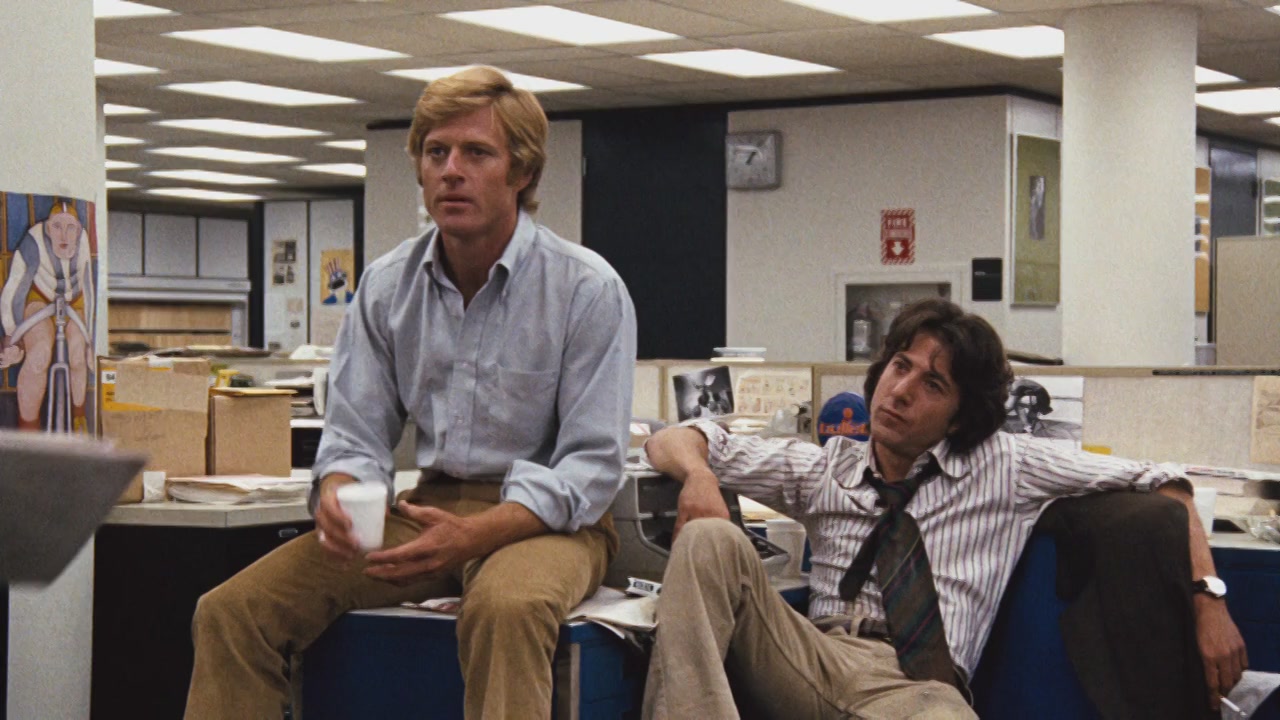
It was only a matter of time before Hollywood decided to tackle the historical events of the Watergate scandal with an impressive line-up of perennial A-listers, and it took just four years for “Klute” director Alan J. Pakula to bring his outstanding Oscar-winning dramatization to the silver screen. Anchored by the formidable ’70s duo of Robert Redford and Dustin Hoffman, “All the President’s Men” provides a detailed account of the hard-nosed lead reporters from the Washington Post who unraveled the political scandal implicating high-ranking government officials in the lead-up to the 1972 U.S. election.
Cut from the same cloth as David Fincher’s “Zodiac” and the 2015 Best Picture winner “Spotlight”, this tale about ordinary men being thrust into extraordinary circumstances is a masterclass in sustained tension that builds suspense strictly through riveting dialogue and fast-paced editing. Few films have so candidly portrayed the weighty burden of truth-seeking — this is investigative journalism at its best.
9. The Taking of Pelham One Two Three (1974)
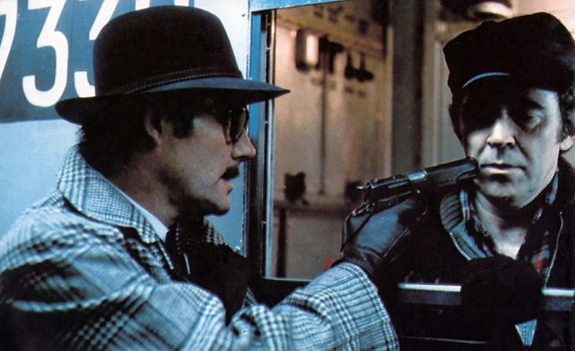
Perhaps more than in any other movie genre, an ending can make or break a thriller. Obvious as it may now be, “The Taking of Pelham One Two Three” has become enshrined forever in cinema lore in no small part for its closing shot, which has to rank among the most memorable, clever and funny rug-pull moments of the 1970s, if not all of American cinema.
A cited inspirational touchstone on Quentin Tarantino’s breakout debut, “Pelham” finds Walter Matthau’s streetwise transit cop racing against time in order to track down four hijackers who’ve taken the passengers of a New York subway train hostage and held them for ransom before the entire city goes haywire. Sure, the ‘sneeze heard round the world’ grabs all the attention whenever it’s time to sing the film’s praises (and rightfully so!), but it must be noted that no minute goes by where you’re not on the edge of your seat waiting to see what happens next.
8. The French Connection (1971)
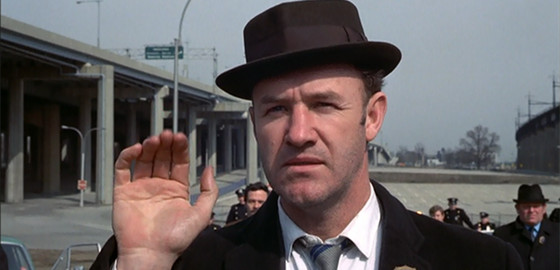
There’s probably never been a better time than now to revisit William Friedkin’s gritty cat-and-mouse thriller — a brilliantly cynical and corrosive look at New York’s sleazy underworld featuring a star-making turn by Gene Hackman as a pragmatic and not-always law-abiding NYPD narcotics officer who leaves no stone unturned in his mission to stop a massive heroin-smuggling operation.
The undoubted highlight in this five-time Oscar winner is its legendary car-chase sequence, all of it shot on location at South Brooklyn without obtaining any permits from the city. However, it’s a delight to watch the whole thing more than 50 years after its release and discover that no dust has settled. At once a time capsule of a bygone era and a strikingly modern crime caper, its influence is felt everywhere from the movies of the Safdie Brothers and Spike Lee to gritty urban thrillers like “Heat” and “The Dark Knight”.
7. Bring Me the Head of Alfredo Garcia (1974)
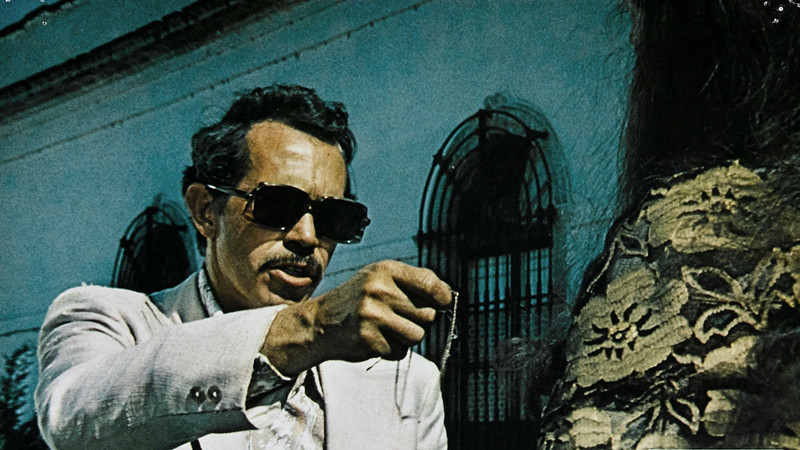
As one of America’s foremost purveyors of cruelty and R-rated violence, usual bad guy/good guy dynamics seldom apply in the work of Sam Peckinpah. His movies are filled with compromised individuals — hard-edged, self-loathing, and trigger-happy renegades, sure, but not entirely without pathos — trying their best to make ends meet in a cruel, unforgiving world.
After breathing new life into the Western with 1969s “The Wild Bunch”, the maverick director joined forces once again with macho man icon Warren Oates to tell the story of a down-and-out two-bit drunkard who carries out a man’s head in a fly-covered sack all around the Mexican desert to collect a $1 million bounty. As expected in a Peckinpah picture, our man-in-a-mission runs into some trouble along the way and brutal violence ensues.
6. Le Cercle Rouge (1970)
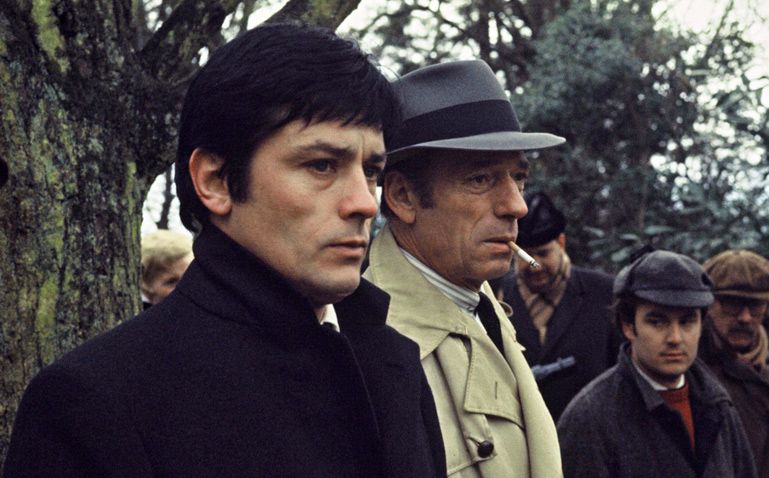
As we wait for the anticipated fall release of David Fincher’s globetrotting Euro-thriller “The Killer” , a good title to have in your back pocket is this ice-cool nail-biter by the great Jean-Pierre Melville, in which a recently released ex-con, a notorious escapee and a crooked ex-cop hatch up one last big score together.
Few directors have ever managed to capture the codes of loyalty, honor and masculinity with such heart-stopping clarity as Melville, a key player of the French New Wave that regularly cribbed from ‘40s-era American noir in stylish and surgically shot crime thrillers, which in turn inspired an entire generation of directors across the pond including Martin Scorsese, Quentin Tarantino, and David Fincher. Come for Alain Delon’s steely lead performance, stay for the superb 30-minute jewel heist sequence.
5. The Long Goodbye (1973)
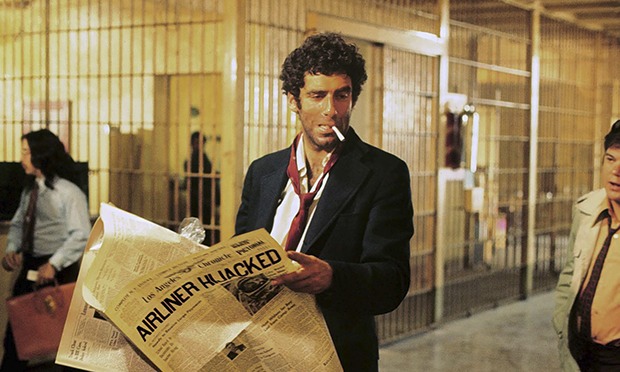
Iconoclastic Hollywood director Robert Altman blew through the ’70s decade on a creative high, dipping his toes in a number of genres including the western (McCabe & Ms. Miller), drama (3 Women), war (M.A.S.H.), comedy (Brewster & McCloud) and musical (Nashville) in a magnificent run of films. For sheer flavor and fun, though, nothing beats this tongue-in-cheek riff on the detective genre strewn from bits and pieces from Raymond Chandler’s 1953 hard-boiled novel, with Elliot Gould chewing up the scenery as the wisecracking private eye Philip Marlowe.
The quintessential entry in the stoner Los Angeles neo-noir canon that would set the template for subsequent cult classics from “The Big Lebowski” and “Inherent Vice” to “Under the Silver Lake”, “The Long Goodbye” surveys Tinseltown’s seedy underworld, with our self-mocking white knight getting roped into a mystery full of twists and dead ends after trying to help a friend who is accused of murdering his wife.
4. Sorcerer (1977)
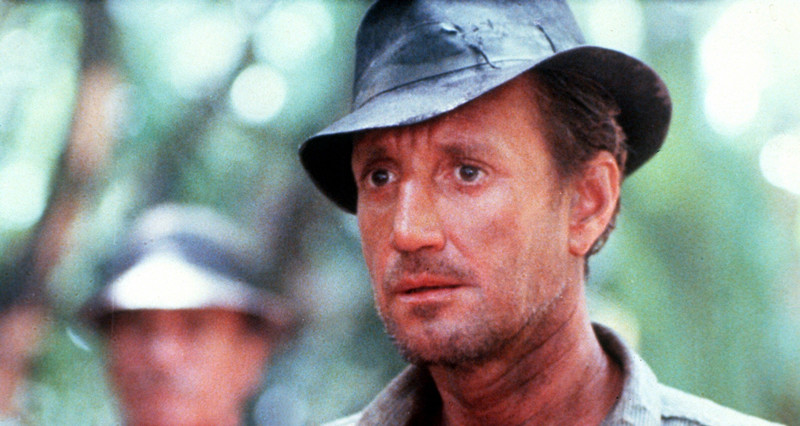
As the records have it, this testosterone-heavy nail biter, about four fugitive criminals who agree to risk their lives transporting gallons of explosive cargo in trucks from a remote South American town all across the tortuous Venezuelan jungle, will officially go down as a big-time box office flop, having the bad fortune of debuting exactly one month after George Lucas’ “Star Wars”.
That being said, the stock of William Friedkin’s English-language remake of the French thriller “The Wages of Fear” — another stone-cold classic you should seriously consider adding to your Criterion Channel queue if you haven’t already — has only risen over the years, aging into a bonafide classic that stands out now as a landmark achievement for the New Hollywood wave.
3. The Conversation (1974)
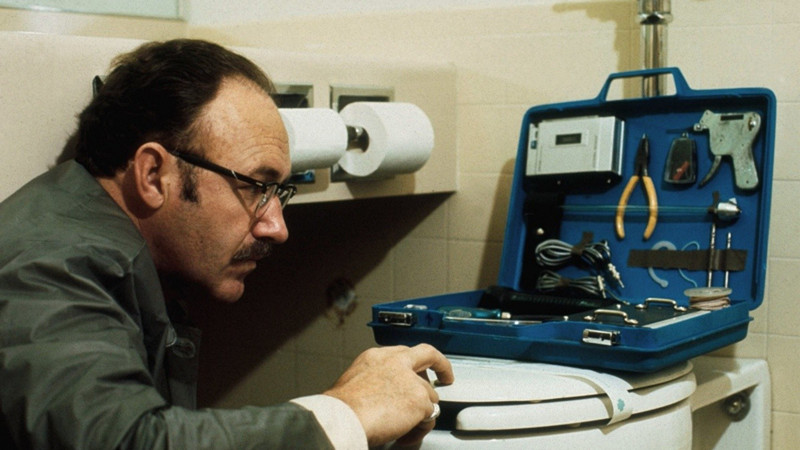
Some filmmakers set the bar so incredibly high they often have trouble reaching it again themselves. Despite securing Best Picture and Best Director nods at the 1975 Oscars, Francis Ford Coppola’s paranoid thriller didn’t do great business at the time, unfairly penalized because it arrived on the heels of arguably the greatest one-two punch of all time in “The Godfather” duology.
Much to our detriment, time has been more than kind to “The Conversation”, a prescient indictment on the surveillance state that remains depressingly relevant in the age of social media, targeted advertisement, wiretapping and online tracking. Gene Hackman stars as Harry Caul, a private surveillance expert whose integrity and sanity are thoroughly tested after unintentionally picking up what appears to be a murder confession on tape.
2. Dog Day Afternoon (1975)
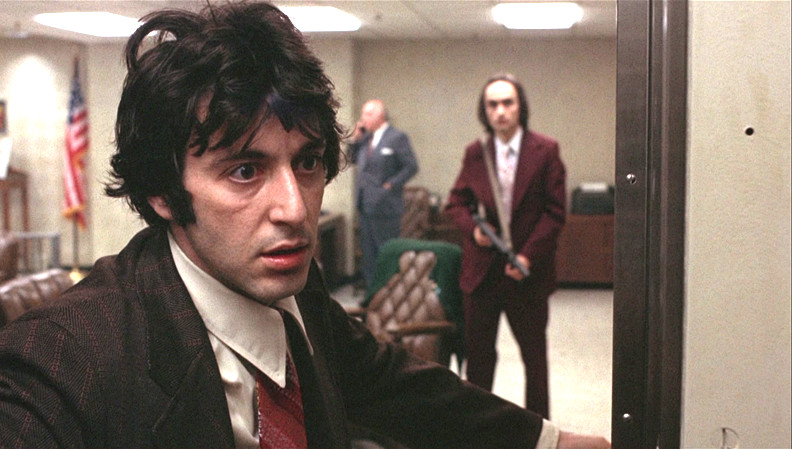
As far as heist movies go, “Dog Day Afternoon” is in a class by itself. You’ve got Al Pacino in full blossom as a first-time crook who attempts to pull off a bank robbery in order to pay for his lover’s sex-change operation, the great John Cazale in his second to last role as his equally erratic sidekick, and the always-reliable Sidney Lumet in his prime orchestrating the whole thing behind the camera. What more could you ask for?
Based on a bungled robbery that quickly turned sour and escalated into tense hostage standoff in ’72, “Dog Day Afternoon” has been acclaimed both for its nerve-racking thrills and street-level realism, but it’s the markedly pointed, and shockingly prescient social commentary that still startles and elevates the film to iconic status.
1. Chinatown (1974)
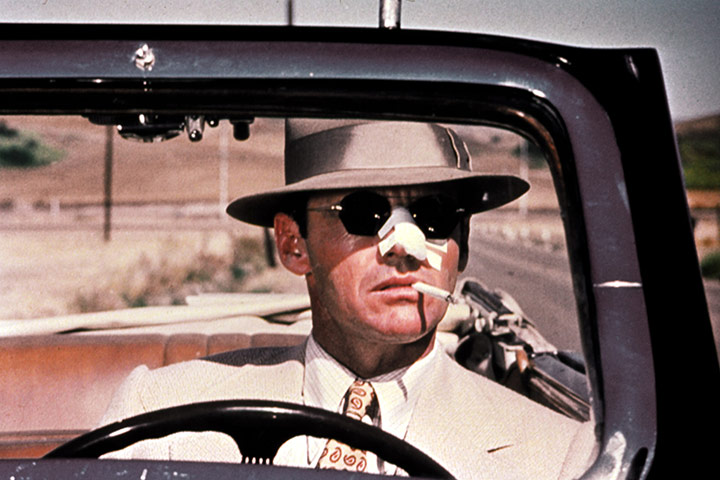
If Roman Polanski’s cracked-mirror vision of Los Angeles has embedded itself so richly in the popular imagination for almost half a century and managed to build an ironclad reputation as the ultimate 1970s thriller, it’s probably because no other film released during that decade better encapsulates the distinct mood of the moment, the artistic strides of the New Hollywood Wave, or the American Dream as a whole for that matter.
Jack Nicholson’s careworn private investigator Jake Gittes gets wind of a political scandal after being hired to investigate an extra-marital affair in sunset-hued 1930s California. As we watch our righteous vigilante scour for clues, crawl through America’s seedy underbelly and come head-to-head with the merciless wealthy industrialist Noah Cross (John Huston), the film begins to show its true colors as a portrait of greed and corruption that manages to peel back the curtain to expose the moral rot hidden beneath the surface. Often imitated but never replicated, once you watch “Chinatown” you’ll never be able to forget it.